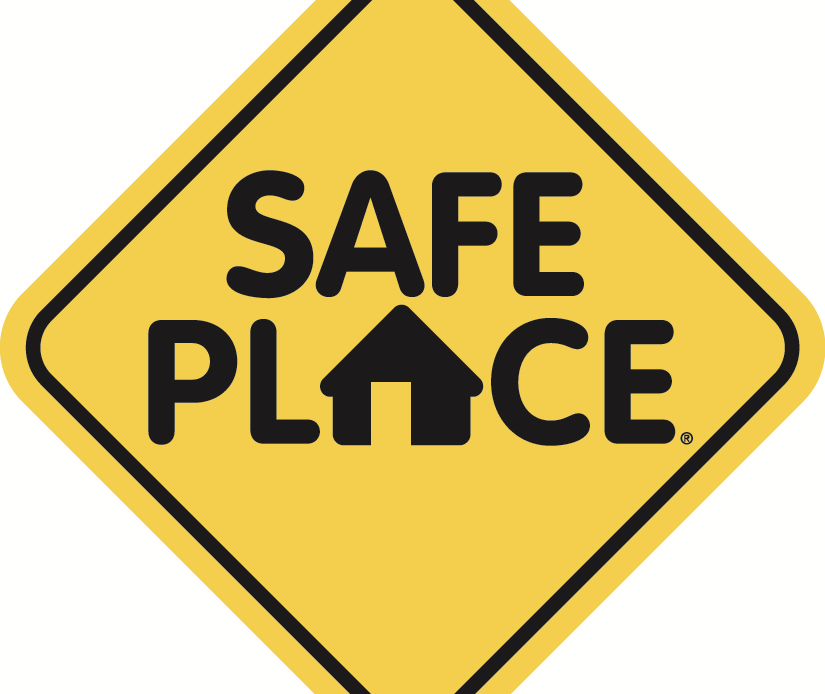
I previously wrote about how a child feeling safe at school was an imperative for their health and educational growth.

Today, I want to talk about the communal safety of our school.
Part of being a school is about constantly assessing risks to students, staff and families and how these risks have an impact on the education we offer.
Here are some of the areas of risk we have been assessing as the school year “kicks off”.
- Duty of Care → “Schools and teachers have a duty to take or exercise ‘reasonable care’ to protect students from risks of harm that are ‘reasonably foreseeable’ whilst they are involved in school activities, or are present for the purposes of a school activity.” Of all the legislation governing school activities, this is the one we are most vigilant in compliance. Every aspect of the school – supervision, excursions, incursions, sport, etc – are passed through the lens of safety and foreseeable risk. Sometimes our students must wonder if we have become part of the “nanny state” – “No you cannot climb up on the roof and get your handball, frisbee/basketball!” – but we have no legal choice.
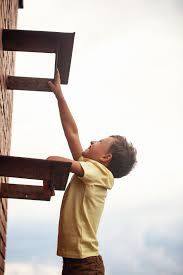
- WHS → Duty of care at the school extends beyond the safety of children. “Everyone has a duty of care, a responsibility, to make sure that they and other people are safe in the workplace. If you are an employer, or PCBU, you have the main responsibility for the health and safety of everyone in your workplace, including visitors. This is your primary duty of care”. (Safework NSW). This means that we have to protect our staff and any visitors to the school from “foreseeable risk”. This includes ensuring that staff are not subjected to inappropriate behaviour from students or adults.
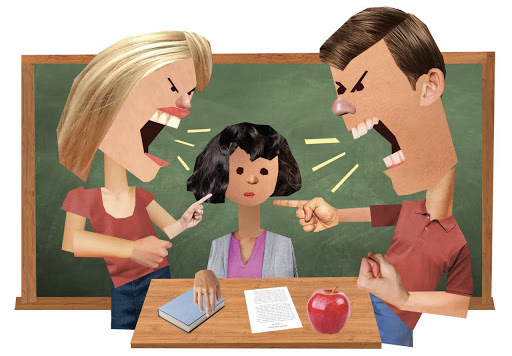
- COVID-19 → It did not go away! At least once a day the school receives updates from various bodies in regard to restrictions and advice in regard to what we can and cannot do as a result of the constantly changing pandemic. We know that every decision we make about things like excursions, camps, co-curricular activities etc could be reversed in an instant by an outbreak or a change in regulation. I feel for our staff who put so much work into preparing engaging and exciting educational events only to see them quashed by COVID circumstance. But that’s life in 2021.

COVID-19 IN AUSTRALIA
2 New cases (Feb 2), 62 Active cases, 26061 Recovered, 909 Deaths.
- Bushfire → Remember “Red Friday”? We do. Since the fires went away we have not ignored the risks to the school and its students that we saw during that horrendous period. The School has been working with a bushfire expert to update and re-imagine our response if such a threat ever arose again. If the fires come again (and the experts tell us to expect more frequent and regular high fire danger periods), we will be better prepared.
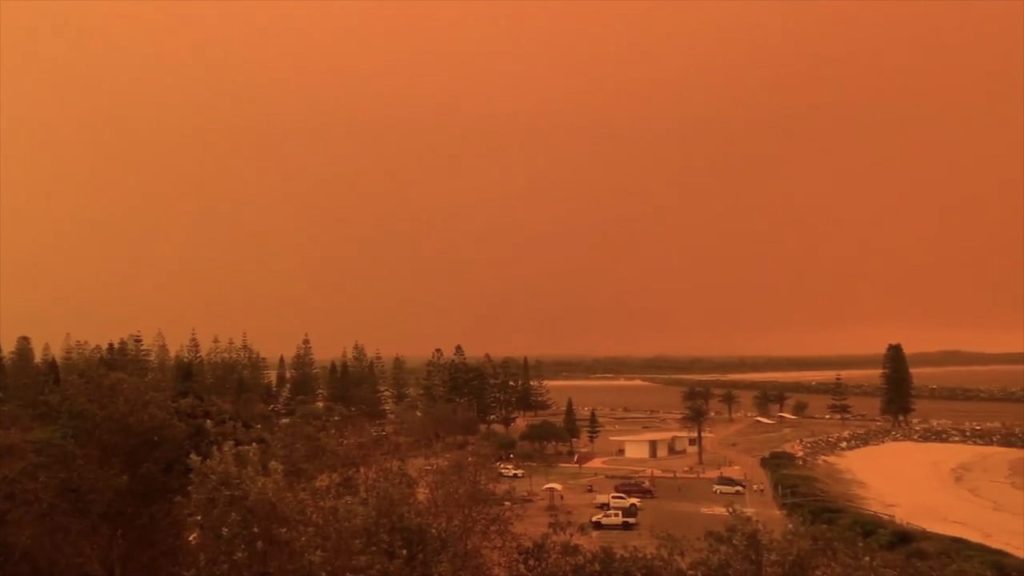
- Social media →” Social media is a big part of social and creative life for many teenagers and children. Social media benefits include connection, learning and creativity. Risks include exposure to inappropriate content, cyberbullying and data breaches.” St Columba is not immune to the darker side of social media. We are constantly on the alert for actions/posts that can damage our students, and when we find them we act. Students who breach our standards in digital use should not be surprised if the school calls them to account for their actions.
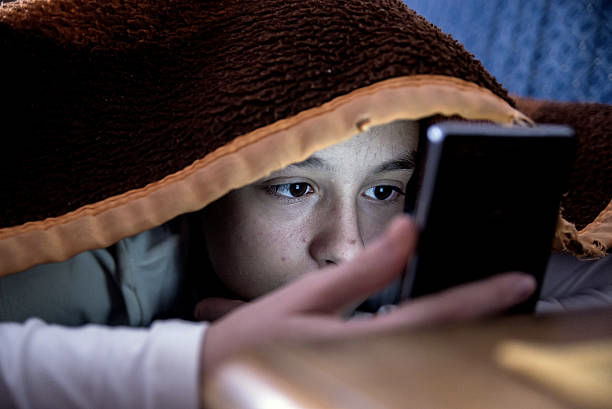
- Reputational risk →Reputational risk is a vital consideration because the damage in value in areas such as trust, reputation and goodwill impact on how an organisation operates.” We accept that our school’s reputation makes a difference to the opportunities afforded our students, our capacity to attract high quality staff and the partnerships we attract that enhance our teaching and learning. Therefore, we are protective when our reputation and actions are unfairly besmirched. We know we should never be above fair criticism but we do not believe in unfair “free shots” being taken at our students or staff.

- Financial disruption →“Australian private schools have reported lower interest from prospective parents due to the financial pressures of COVID-19, but is there more to the problem?” (University of Wollongong)”. Not at St Columba, but as an independent school we need to be aware of the impact of forces in government, education and the wider economy on our capacity to attract students and to offer them the very best in education. With the COVID disruption, a looming change in the Commonwealth school funding model and other factors, the school continues to assess and reassess our capacities. Thankfully, St Columba Anglican School Council has shown an amazing capacity for ensuring the school tracks well financially in this time of uncertainty.
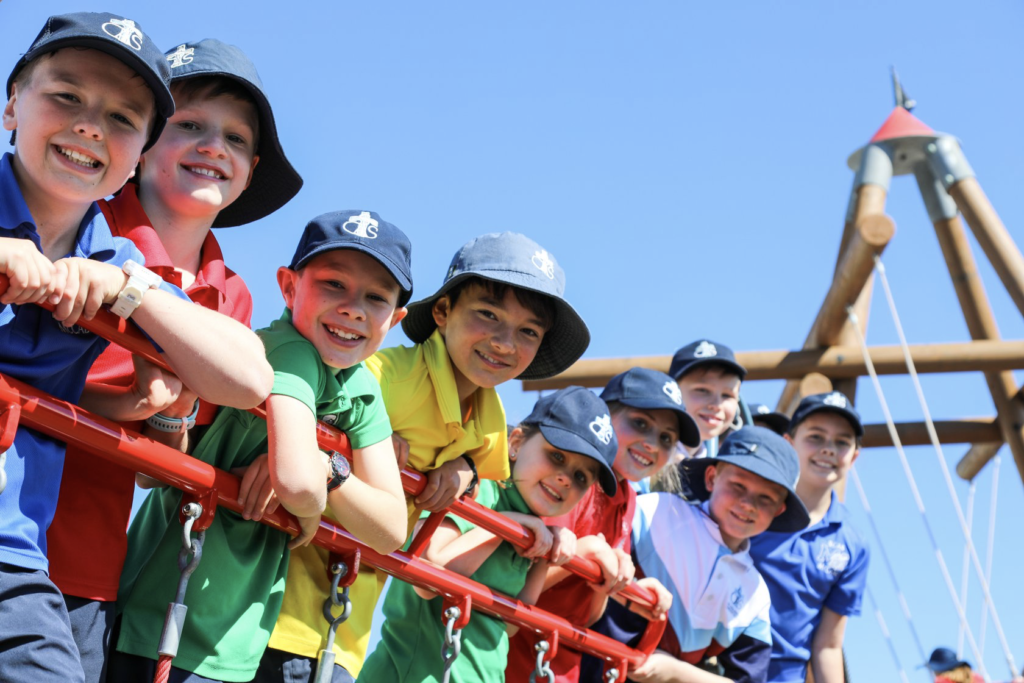
Terry Muldoon
School Principal

